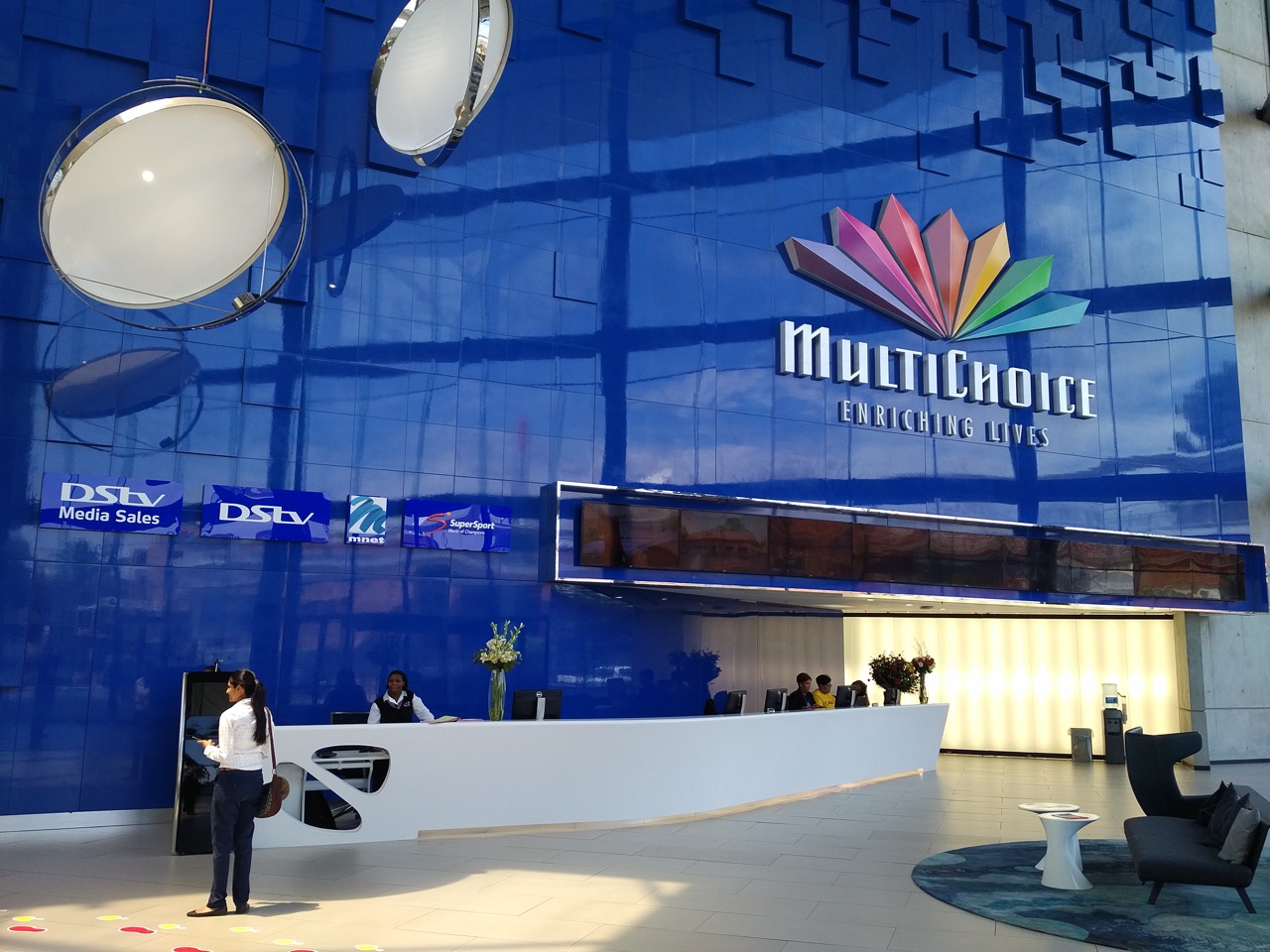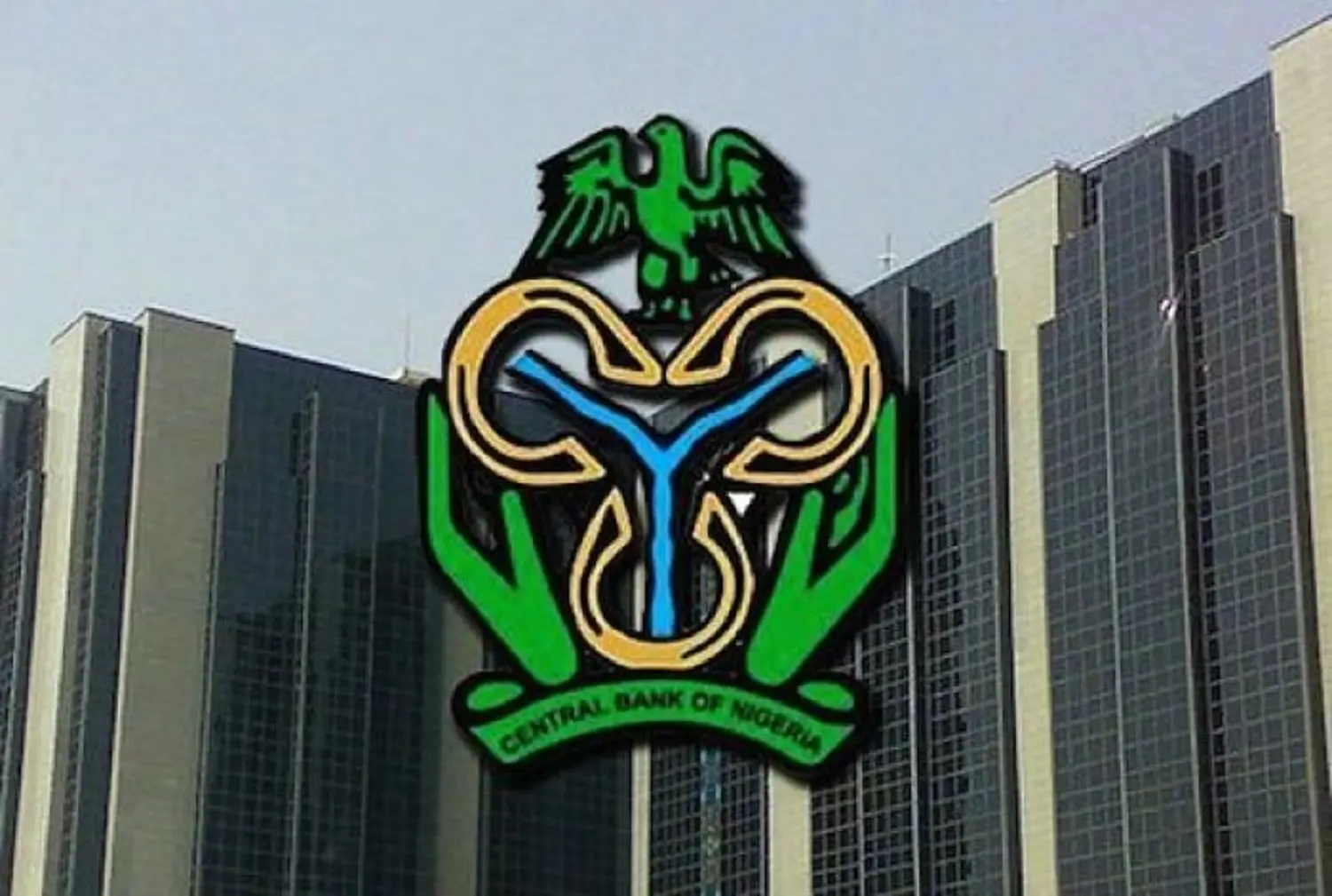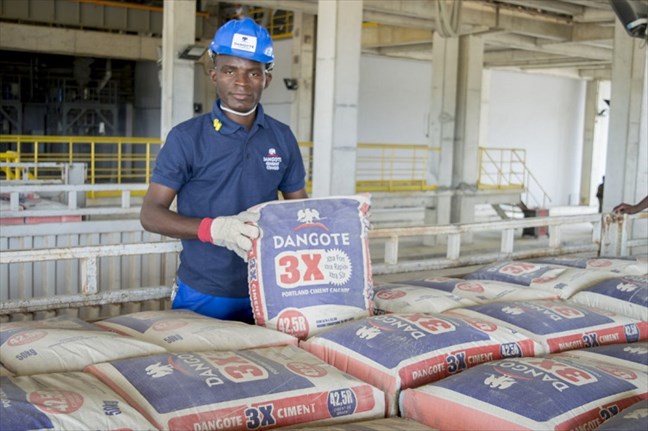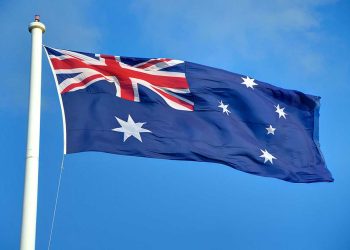On May 1, 2023, MultiChoice Nigeria will impose a new pricing hike for all DStv bundles. A similar increase in pricing was announced and implemented in April 2022.
The current price increase for DStv bundles is between 16.3 and 18.6%; the corporation attributes it to the effects of the global economic crisis.
What are the new Prices for DSTV Packages in Nigeria?
On May 1, DStv users will have to pay N24,500 for the Premium package, up 16.7 percent from the present N21,000, while the price of the Compact+ bouquet will rise to N16,600, up 16.5 percent from the previous N14,250.
DStv also said that the price of its Compact bouquet will increase to N10,500 from N9,000, a 16.7% increase and that the price of its Confam bundle would rise to N6,200 from N5,300, a 17% increase.
Viewers of the DStv Yanga and Padi packages would now have to pay N3,500 and N2,500, up from the previous prices of N2,950 and N2,150. These indicate increases of 18.6 percent and 16.3 percent, respectively.
Must Read: WAPTV to get new channel number on GOtv
MultiChoice defended the price hike by saying:
Because of the current economic climate, we’ve had to reevaluate the pricing of our packages in order to continue providing our consumers with the best in entertainment, whenever and wherever they may be. Given the current economic context, MultiChoice purposefully kept the increase minimal while still meeting its commitment to long-term viability and service excellence.
“At MultiChoice Nigeria, we strive to satisfy our clients by providing easy access to high-quality programming. It went on to say, “Our top priority is to put the needs of our customers at the centre of everything we do.”
In order to mitigate the impact of the price review, the Pay TV provider is offering a price lock incentive to customers who renew their subscriptions in advance of their expiration dates by allowing them to continue paying the same monthly rate they were previously charged for a full year.
Similarly, it allows customers who pay for a whole year at once to continue doing so at the old rates until the new rates go into effect.
Meanwhile, Nairametrics learned that the price hike is not exclusive to Nigeria; Multichoice, the company responsible for the service, had already revised its pricing higher in February of this year, with the new rates going into effect in South Africa on April 1st.













